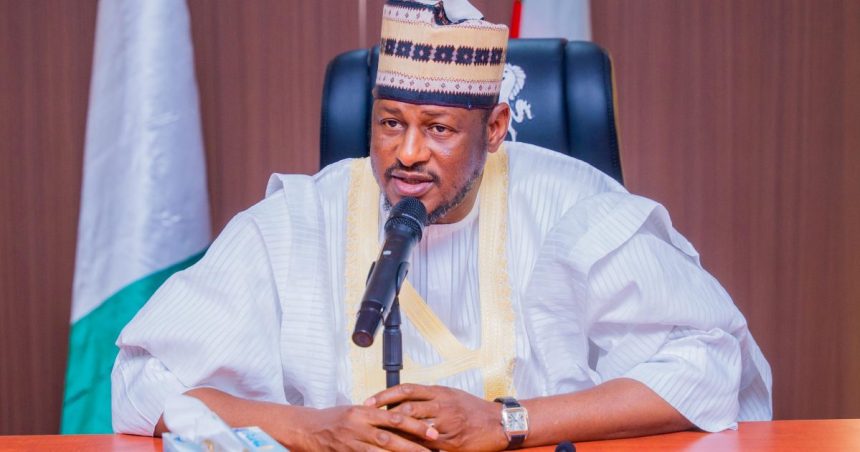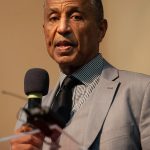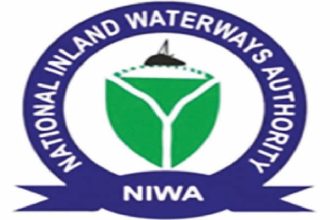The Katsina State Executive Council has approved over N1 billion for projects across the health, energy, and education sectors, as part of Governor Mallam Dikko Radda’s ongoing commitment to sustainable development and service delivery under the “Building Your Future” blueprint.
The approvals came during the council’s 10th regular State Executive Council meeting on Tuesday, chaired by Deputy Governor Faruk Lawal Jobe, with Governor Radda participating virtually for the second time to maintain seamless governance and decision-making.
The Punch reported that last week, Deputy Governor Faruk Jobe presided over the Wednesday-held regular SEC meeting, with Governor Radda participating on the sidelines virtually to ensure seamless governance and uninterrupted decision-making processes.
Radda, prior to the demise of the late former President Muhammadu Buhari, had an accident alongside 10 others while en route to Daura, who has since been away from the State for medical attention, as the virtual meeting with his cabinet became necessary.
In a press briefing following the meeting, a team of state officials led by the Commissioners for Information, Dr. Bala Salisu Zango, Health, Dr. Musa Adamu, as well as the Special Adviser on Primary and Secondary Education, Nura Saleh, outlined the key projects and funding decisions.
Briefing the journalists on the health sector, Adamu revealed the Council’s approval of ₦500 million as counterpart funding to unlock an equal matching grant from the United Nations Children’s Fund, aimed at scaling up nutrition programmes across the state.
“Our goal is to ensure a healthier next generation. This funding, in partnership with UNICEF, will strengthen nutritional support systems, especially for young girls and children across Katsina State”, he said.
He explained that the state had previously committed ₦200 million, with the newly approved ₦300 million bringing the total state contribution to ₦500 million, qualifying the state for a ₦1 billion joint investment to combat malnutrition.
In another development, the Council endorsed Katsina’s participation in a malaria prevention programme in partnership with Society for Family Health and the Global Fund. The state will contribute 30 per cent of the total cost, with development partners covering the remaining 70 per cent, hence the council also approved the procurement of 400,000 insecticide-treated nets to address a 30 per cent gap in current coverage across the state.
“These decisions reflect the administration’s proactive public health agenda. We are moving swiftly to reduce the malaria burden and ensure inclusive access to healthcare.”
The health Commissioner also said the council approved the procurement of 30 units of advanced medical imaging machines, paving the way for Katsina to become a destination for diagnostic medical tourism.
“This is not just an investment in machines, it is an investment in our future. These machines will modernise diagnostic services and enhance overall healthcare delivery across the state, he explained.
The Commissioner for Information, Dr. Bala Salisu Zango, again announced the council’s approval of a one-megawatt generator, part of a broader energy strategy to improve electricity generation and distribution across Katsina.
“This project aligns with Governor Radda’s vision to build a more energy-resilient state. Reliable power is critical to our growth in agriculture, industry, and essential services”, according to him.
Zango further disclosed that work is underway to develop a hydroelectric power system to support the state’s irrigation and agricultural needs. “Any excess power generated will be transmitted through KEDCO to strengthen grid access in surrounding communities”.
Also speaking, the Special Adviser on Primary and Secondary Education, Nura, announced the Council’s approval of ₦588 million for the procurement and distribution of 156,566 textbooks to 578 junior and senior secondary schools across the state.
The PUNCH learnt that textbooks cover Mathematics, English Language, Physics, Chemistry, Biology, Basic Science, Civic Education, Literature in English, Economics, Hausa, and Islamic Studies.









